New hybrid optical fibers contain 2D materials that enhance light-matter interactions and open doors for a range of new technological advancements.
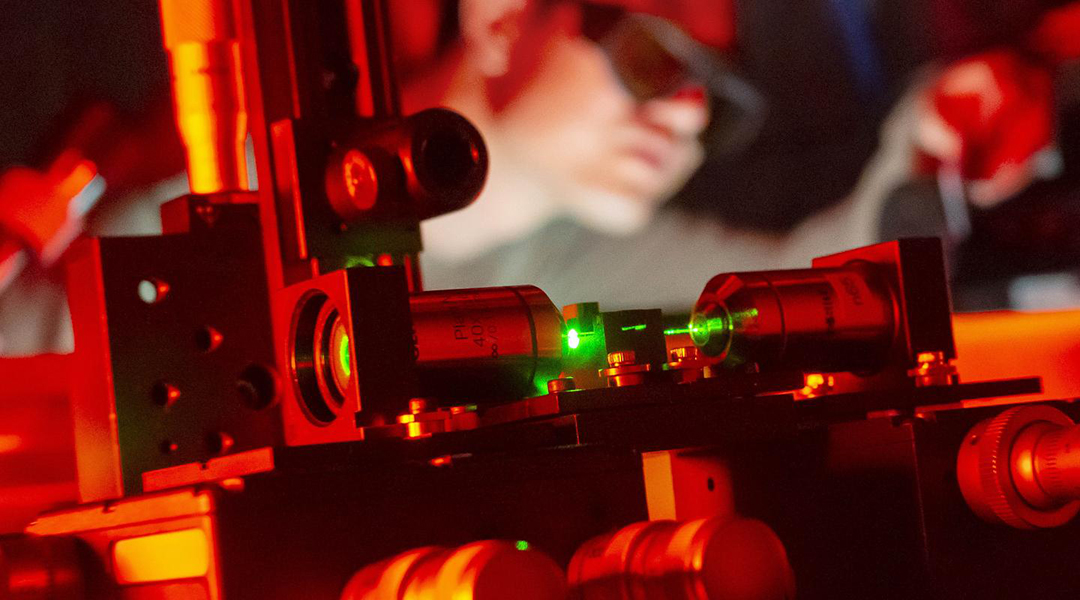

New hybrid optical fibers contain 2D materials that enhance light-matter interactions and open doors for a range of new technological advancements.
Could a new understanding of silicon surfaces someday revolutionize semiconductor technologies?

Lightweight but tough, bamboo is the hope for a more sustainable life and future for our planet.
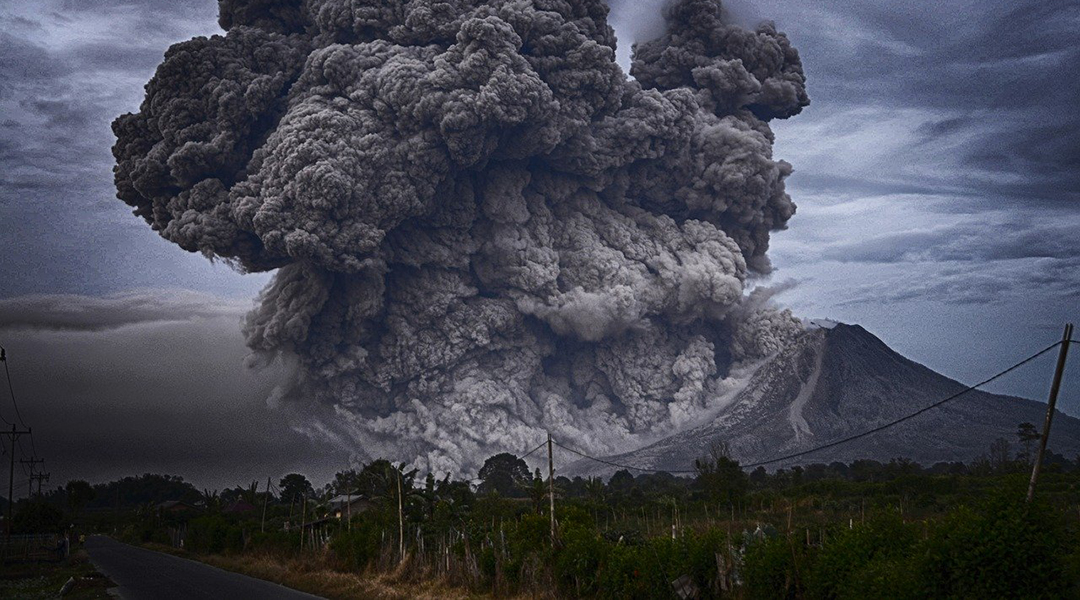
Whilst large-scale volcanic activity has been responsible for huge temperature rises millions of years ago, human-made climate change is happening at a far faster rate.
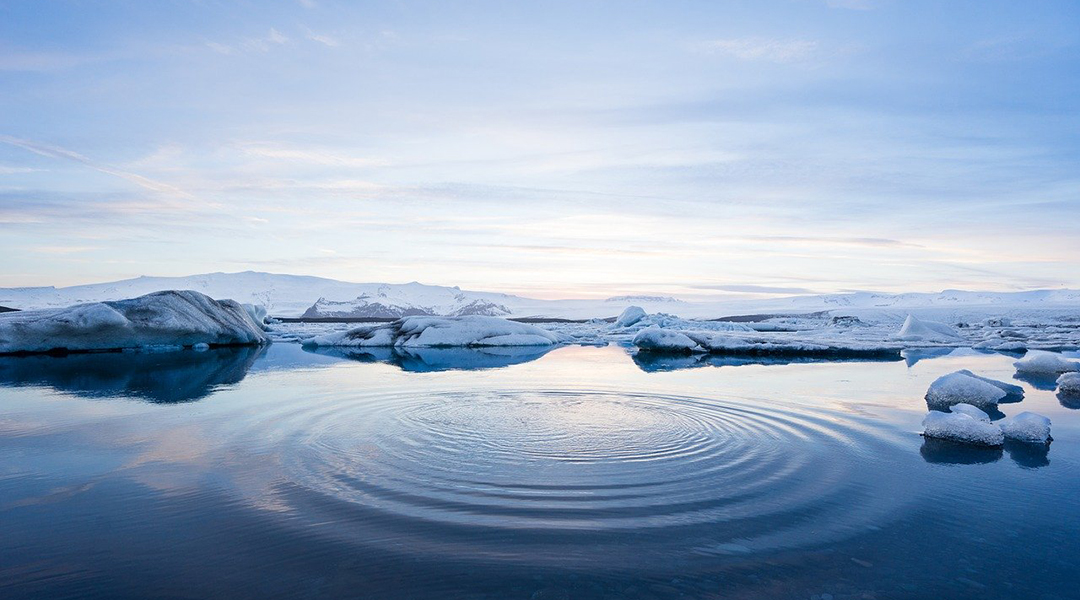
An extensive study shows that the fragile Arctic landscape is changing right before our eyes. While we cannot stop the transformation, we can mitigate its effects if we reduce greenhouse gas emissions and slow climate change.

Researchers have increased the efficiency of compressed air cars with the aid of phase change materials for heat recovery, making them a viable carbon-free alternative for future passenger cars.

With a mastery of material phases, over the years scientists have developed more sustainable and groundbreaking technological advancements.
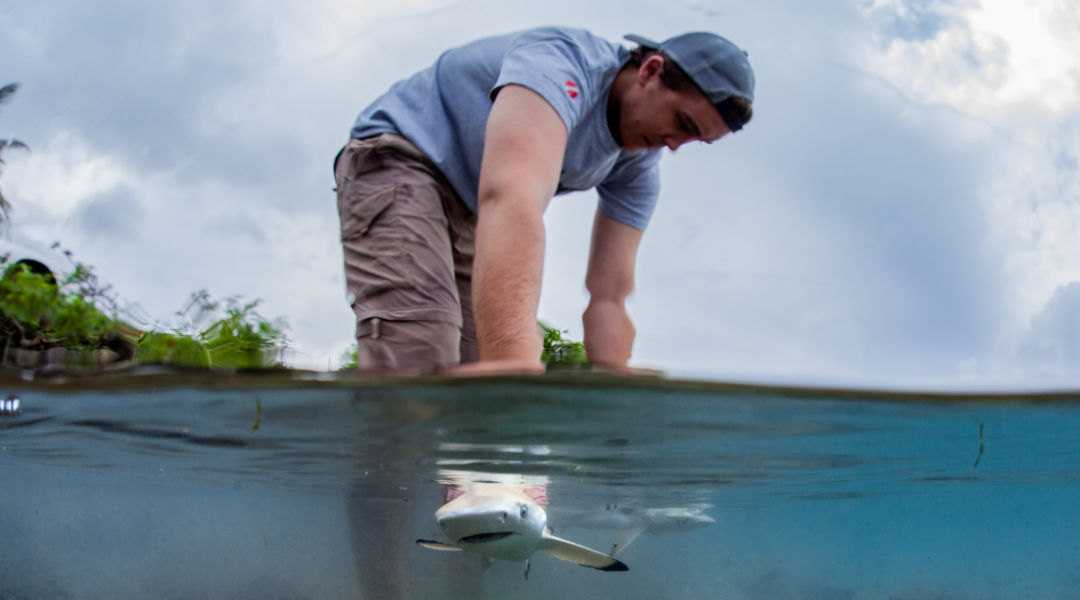
Marine biologist Ian Bouyoucos investigated blacktip reef sharks in French Polynesia. In this interview, he reveals that not everything in this paradise is as it should be thanks to climate change.
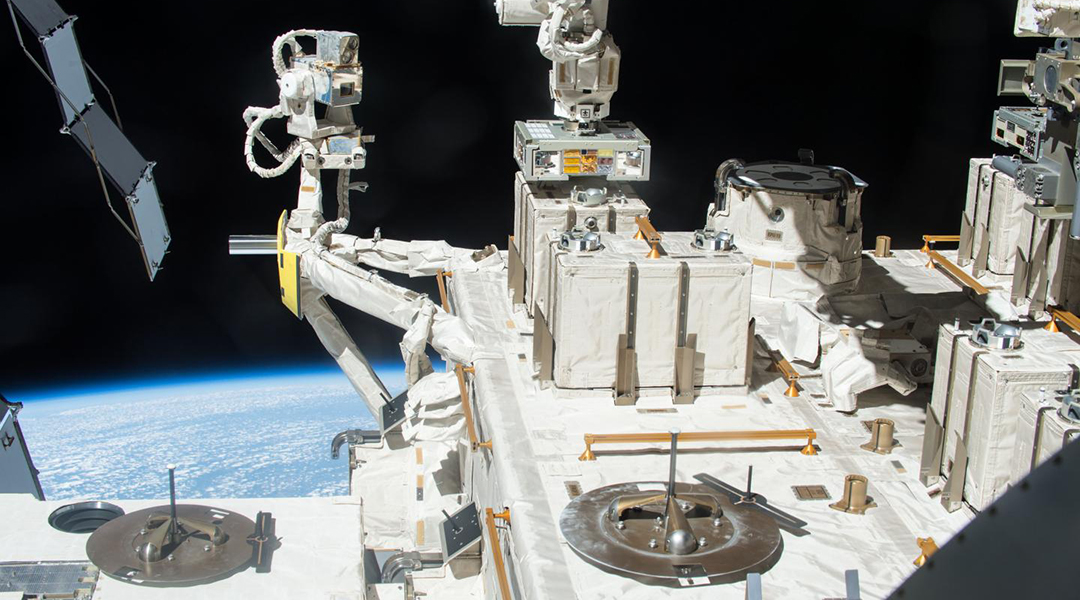
New study provides the best estimate to date that bacteria could survive a trip to Mars.

A new titanium nitride sulfur composite reduces the notorious shuttle effect and improves the overall performance of lithium-sulfur batteries.